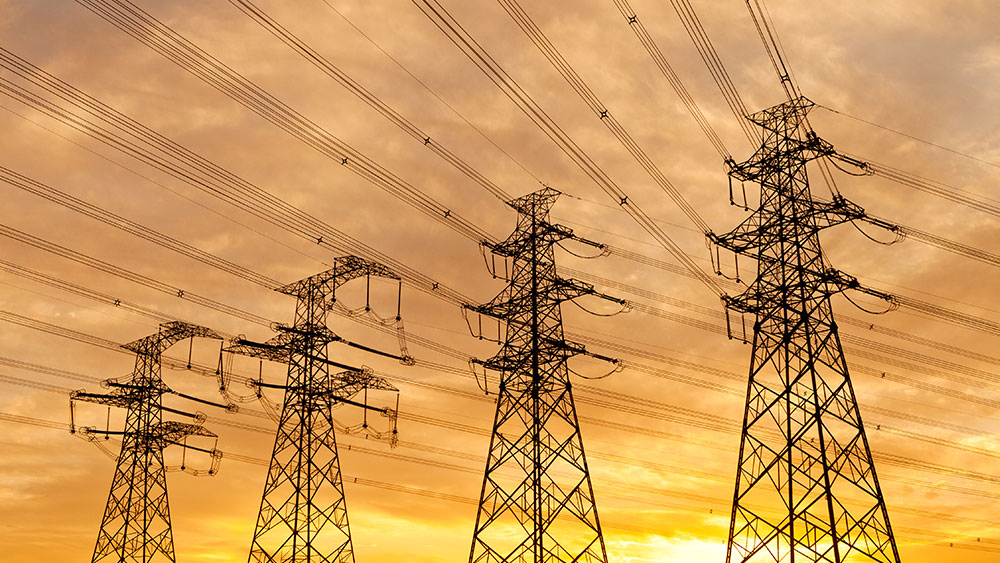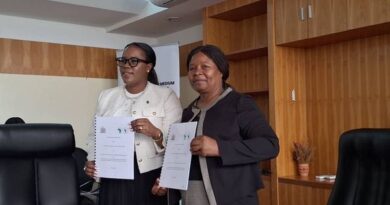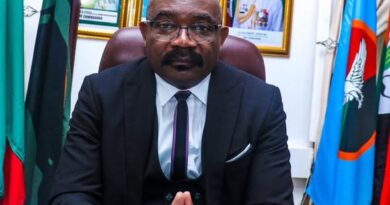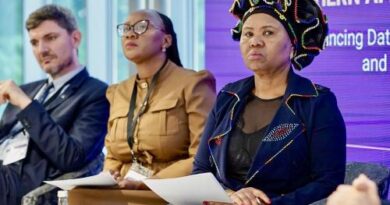Mission 300: Africa’s Bold Drive to Deliver Electricity to 300 Million People by 2030
Nearly 600 million people in Sub-Saharan Africa live without access to electricity. To confront this challenge, the World Bank Group (WBG) and the African Development Bank (AfDB) have launched Mission 300—an ambitious initiative to connect 300 million people to reliable, affordable, and sustainable electricity by 2030.
Under the initiative, the WBG will connect 250 million people, while the AfDB will reach an additional 50 million. Mission 300 aims to transform Africa’s energy landscape through reforms, partnerships, and large-scale investments that expand access, strengthen utility performance, and unlock private capital.
The initiative is underpinned by strong political commitment, following the Dar es Salaam Energy Declaration endorsed at the Mission 300 Africa Energy Summit in January 2025. The Declaration commits African governments to reforms that will scale up renewable energy, expand clean cooking, increase electricity access, and attract private sector financing. Development partners responded by pledging more than US$50 billion to support the effort.
Twelve African countries—Chad, Côte d’Ivoire, Democratic Republic of Congo, Liberia, Madagascar, Malawi, Mauritania, Niger, Nigeria, Senegal, Tanzania and Zambia—have already unveiled National Energy Compacts. These set clear targets to expand electrification, boost renewable energy usage, and mobilise investments. Preparations for a second wave of compacts are underway.
The WBG is supporting these reforms with US$30 billion in IDA resources to 2030, alongside innovative tools to attract private investment.
The World Bank has already connected more than 21 million people in Africa between July 2023 and February 2025, with projects under implementation expected to reach nearly 100 million.
- In Eastern and Southern Africa, the Accelerating Sustainable and Clean Energy Access Transformation (ASCENT) programme will provide power to 100 million people across 20 countries over the next five years. Projects such as the Ethiopia Electrification Programme have already connected 1.6 million households, schools and health facilities.
- Regional projects, including the Regional Energy Transmission, Trade and Decarbonisation Project, are opening up cross-border power trade, with new transmission lines linking Zambia and Tanzania, and future connections between Malawi and Zambia under preparation.
- In West and Central Africa, Nigeria’s DARES programme will provide solar home systems and mini-grids to 17.5 million people, replacing 250,000 diesel generators. The RESPITE project is boosting renewable capacity in Chad, Liberia, Sierra Leone, and Togo. Grid expansion efforts are also advancing through the West Africa Power Pool and the Central African Power Pool.
To accelerate decentralised renewable energy, the Distributed Access with Renewable Energy Scale-Up (DARES) Platform is leveraging World Bank, IFC, and MIGA resources to attract private sector solutions. In parallel, the Electrifying Africa facility is providing technical assistance, reforms, and planning tools to optimise roll-outs using geospatial mapping and demand modelling.
Mobilising Partnerships and Investment
Mission 300 is being delivered in collaboration with philanthropic and private sector partners, including The Rockefeller Foundation, the Global Energy Alliance for People and Planet (GEAPP), Sustainable Energy for All (SEforALL), and the World Bank’s ESMAP trust fund.
One notable innovation is Zafiri, a new investment company launched by the WBG, AfDB, and The Rockefeller Foundation to provide patient equity to private companies driving distributed renewable energy solutions.
Prof. Benedict Oramah, Afreximbank President, recently described Mission 300 as a “historic opportunity to transform Africa’s energy future through African-led solutions.” Leaders of both the WBG and AfDB have echoed this vision, stressing that universal access to affordable energy will be critical for powering economies, creating jobs, and reducing poverty.
With governments, development partners, and the private sector aligned, Mission 300 is positioned to make history by delivering electricity to 300 million Africans, ensuring cleaner growth, and placing the continent firmly on the path to universal energy access by 2030.



